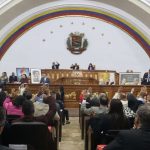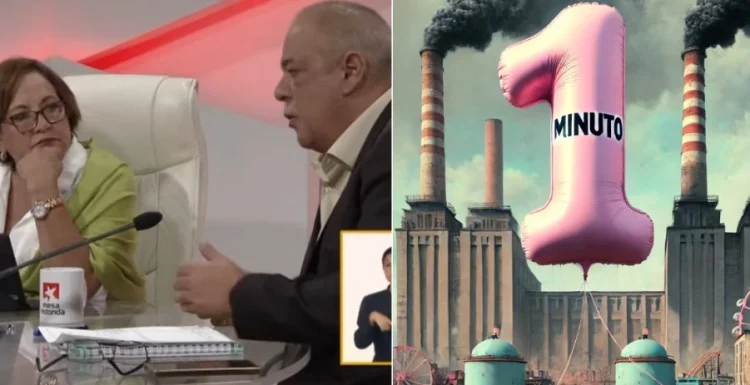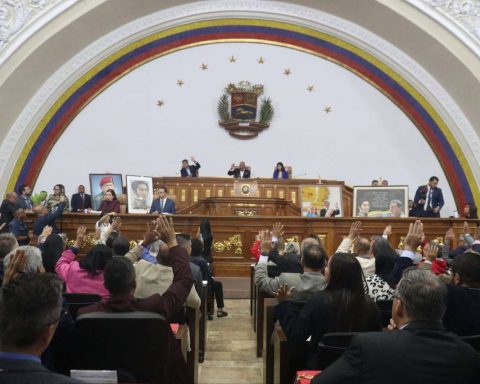In another space I have dealt with the case of security, in this case I would like to deal with health. With the added complication that, unlike what happens with security, which is usually the greatest concern of Mexicans or the issue in which the government is evaluated the worst, with health it seems that the population does not even fully recognize the existence of a conflict. In the polls, when asked about the main problem of the country, insecurity, the economy or corruption usually come up, almost never health. And the surveys of users of the health system (for example, in the ENCIG 2023 of INEGI) usually show a positive balance: more satisfaction than dissatisfaction, therefore.
But the health data tells a different story. And not just according to the shameless Comparison with Denmark (which, for example, has a maternal mortality rate 13 times lower than that of Mexico; an infant mortality rate 5 times lower; a life expectancy 6 years higher; or a public health expenditure per capita 5 times higher), but compared to Mexico itself. In terms of lack of access to health services of medicine shortage lagging behind in vaccination of increased spending on pocket by part of the population to meet their health needs and a long, long etcetera today we are worse off than before.
How can we explain this contrast between approval of the government’s performance and satisfaction with health services, on the one hand, and the picture of deterioration and lack that the data paints, on the other? How can it be that Mexicans are more satisfied even though they are not better cared for or healthier? I propose the possibility that the cause of this apparent contradiction is a collapse of citizen expectations regarding public services. That people do not disapprove or are not dissatisfied – despite the fact that there are no medicines, there are no or no equipment to do tests, there are no beds, there are no supplies to do surgeries, etc. – because they have stopped expecting anything else. Because they have learned that this is how it is, that “these things happen” (as López Obrador said, so unembarrassed, when Line 12 collapsed) and that the environment has become very adverse to complaints, denunciations, and demands. Organizing also takes time, effort, and resources, and the daily experience during this six-year term has been, time and again, that it does not work or that there may even be reprisals.
It began with the dismantling of Seguro Popular, then with the pandemic, the shortage, then with children without chemotherapy… and so on until the end of the six-year term. The Obrador government worked very hard on turn off the alarms not only to ignore them but to stigmatize those who issued them: specialists, doctors, nurses, patients, parents, voices that warned about improvisation, errors, negligence, shortcomings. They were from the opposition, conservatives, defending their privileges, coup plotters…

















